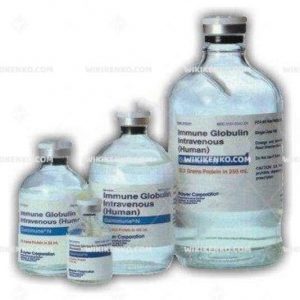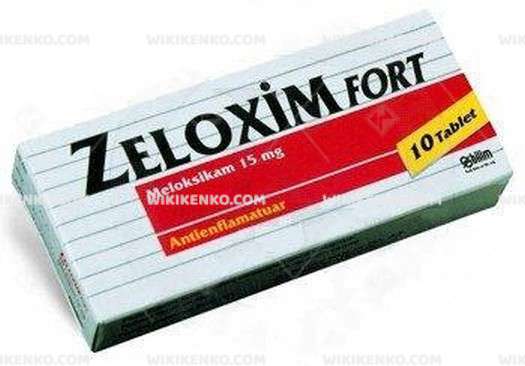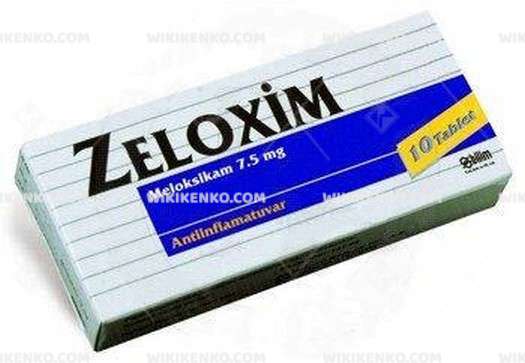Description
Gamimune N is a sterile, intravenous immune globulin solution derived from the very essence of human plasma. Its primary function is to augment the immune system’s capabilities by providing a robust infusion of antibodies, the body’s natural defenders against foreign invaders. This immunological reinforcement serves two distinct purposes:
| Product | Gamimune N |
|---|---|
| Type | Intravenous Immune Globulin Solution |
| Source | Human Plasma |
| Primary Function | Provide antibodies to enhance immune response |
| Key Uses |
|
Treating Primary Immune Deficiency Disorders
When the body’s ability to produce antibodies is severely compromised, Gamimune N steps in as a guardian, fortifying the immune response and mitigating the risk of recurrent and severe infections.
Managing Idiopathic Thrombocytopenic Purpura (ITP)
In individuals diagnosed with ITP, a condition characterized by abnormally low platelet counts, Gamimune N aids in restoring balance, increasing platelet levels and reducing the likelihood of excessive bleeding and bruising.
Gamimune N’s Diverse Applications
The clinical applications of Gamimune N extend far beyond its primary functions, harnessing the potent capabilities of its antibody composition to address a diverse range of immunological challenges:
Primary Immune Deficiency Disorders
For individuals with primary immune deficiency conditions, recurring and severe infections can significantly impact their quality of life. Gamimune N serves as a lifeline, providing the necessary antibodies to bolster the immune system’s defenses, reducing the frequency and severity of infections, and ultimately improving overall well-being.
Idiopathic Thrombocytopenic Purpura (ITP)
In cases of ITP, where platelet counts plummet, Gamimune N plays a pivotal role in restoring balance. By increasing platelet levels, this immune globulin therapy mitigates the risk of excessive bleeding and bruising, alleviating the associated symptoms and complications, and providing a path to improved health.
Dosing and Administration
The administration of Gamimune N is a highly personalized process, requiring close monitoring and careful consideration of various factors. Regular blood tests are essential to track the treatment’s effectiveness and ensure optimal dosing. Healthcare professionals will provide personalized dosing instructions tailored to each patient’s specific condition and medical history, ensuring a comprehensive and individualized approach to treatment.
Side Effects
While Gamimune N offers significant therapeutic benefits, it is crucial to be aware of potential side effects and take necessary precautions. Some common side effects associated with this treatment include cough, headache, fever, pain or tenderness around the eyes and cheekbones, unusual bleeding or bruising, and unusual tiredness or weakness.
| Common Side Effects |
|
|---|---|
| Serious Side Effects |
|
More severe side effects, although less common, may include:
Renal Impact
Gamimune N can potentially harm kidney function, especially when used in conjunction with other medications known to affect renal health. Close monitoring of kidney function during treatment is essential.
Allergic Reactions
Individuals who have previously experienced allergic reactions to immune globulins or have IgA deficiency with antibodies to IgA should avoid using Gamimune N.
Pregnancy Considerations
The impact of Gamimune N on unborn babies is not fully understood. If you are pregnant or planning to become pregnant, it is essential to inform your healthcare provider and carefully weigh the potential risks and benefits.
Precautions and Guidelines
While Gamimune N offers substantial therapeutic benefits, patient safety remains paramount. Adhering to specific precautions and guidelines is crucial:
Thrombosis Risk
Intravenous administration of immune globulins carries a risk of thrombosis (blood clot formation), particularly in individuals with certain risk factors, such as advanced age, prolonged immobilization, hypercoagulable conditions, a history of venous or arterial thrombosis, estrogen use, indwelling central vascular catheters, hyperviscosity, and cardiovascular risk factors. Adequate hydration and monitoring for signs and symptoms of thrombosis are essential.
Renal Dysfunction Considerations
Certain immune globulin IV (IVIG) products, particularly those containing sucrose, have been associated with higher rates of renal failure. It is crucial to select IVIG products without sucrose, such as Gammaplex, Bivigam, Octagam 10%, Gamunex-C, Gammagard Liquid, Gammagard S/D, Gammaked, Flebogamma 5% DIF, Flebogamma 10% DIF, Privigen, and Hizentra, for patients predisposed to renal dysfunction.
Subcutaneous Administration
When administering immune globulins subcutaneously, similar precautions regarding thrombosis risk and monitoring for hyperviscosity should be observed.
Gamimune N and Breastfeeding
For breastfeeding mothers, the decision to use Gamimune N requires careful evaluation and consultation with healthcare professionals. While there are no adequate studies to determine the risk to infants when using Gamimune N during breastfeeding, it is essential to weigh the potential benefits against the potential risks. It is currently unknown whether immune globulin passes into breast milk or if it could potentially harm a nursing baby.
In such cases, healthcare providers may explore alternative treatment options or recommend temporary cessation of breastfeeding during the course of Gamimune N treatment. The ultimate decision should be based on a thorough assessment of individual circumstances and guided by professional medical advice.
Conclusion
Gamimune N stands as a testament to the remarkable advancements in medical science, offering a powerful ally in the fight against immunological challenges. By harnessing the potent capabilities of antibodies derived from human plasma, this intravenous immune globulin solution provides a crucial therapeutic option for individuals with primary immune deficiency conditions and idiopathic thrombocytopenic purpura, ultimately improving their quality of life and well-being.













Zahidrasheed –
gammaraas injection